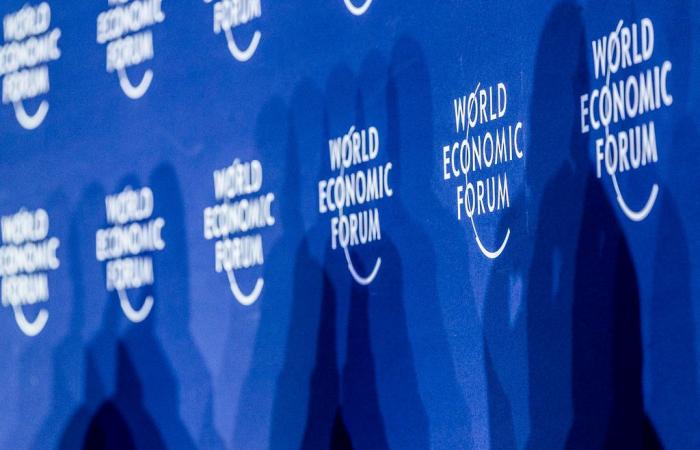The latest report from the World Economic Forum on global risks for the year ahead highlights a “deterioration of the global outlook”, mainly due to the geopolitical situation, to which are added “increasingly extreme weather phenomena “. On a global scale, it also highlights a “societal and political polarization” which, combined with technological progress, “contributes to accelerating the dissemination of false or misleading information”. Enough to further weaken general confidence. Disinformation is also among the major risks identified for 2027. However, the most worrying immediate risk remains that of “armed conflicts between States”.
So many topics that will fuel discussions at the annual meeting of the World Economic Forum, scheduled for January 20 to 24 in Davos (Switzerland), on the theme “Collaboration for the Intelligent Age”.
In Luxembourg, concerns differ a little. The country’s experts seem mainly concerned about economic risks, particularly related to the labor market. The first risk being (always) a “labor and talent shortage“. It is also the main risk identified in Germany, and one of the notable risks globally. The report highlights that this risk is significant both in the short term (two years) and long term (ten years). Although it does not specifically detail the causes of the labor shortage, it mentions mismatches between the supply and demand for skills and foresees a potential worsening of this phenomenon in view of unfavorable demographic trends such as the aging of the population. population.
Experts rank the risk of economic slowdown (stagnation or recession) and in fifth place inflation, while on a global scale, risks linked to l’inflation have decreased compared to the previous year, underlines the World Economic Forum, which also mentions persistent economic tensions.
“But we must not rest on our laurels: if the coming months see a spiral of customs duties and other measures restricting trade on a global scale, the economic consequences could be significant. The high valuations of many asset classes make them more vulnerable to these and other risks,” warns Saadia Zahidi, Managing Director of the World Economic Forum.
Note that the risk of economic slowdown is seen as particularly worrying by young people: it is ranked third by those under 30, fourth by 30-39 year olds and fifth by 40-49 year olds, but does not even appear in the top 10 for people aged 60 or over.
Still in Luxembourg, the third concern relates to cybersecurityor rather cyber-insecurity, as in Denmark and the Netherlands.
“Commercial cyberespionage efforts by governments may become more common, as part of attempts to favor their national champions. High-income countries tend to emphasize cybersecurity risk. Governments could also put pressure on cloud service companies headquartered in their territory to restrict access in other countries,” the report suggests.
The risk linked to private debtwhether households or businesses, is also among the five main risks identified. However, globally it is not among the top ten near-term risks, although it is still considered a “major concern”. This situation can be explained in particular by the fact that private debt is one of the three main factors contributing to the worsening of inequalities, alongside the economic slowdown and inflation.






